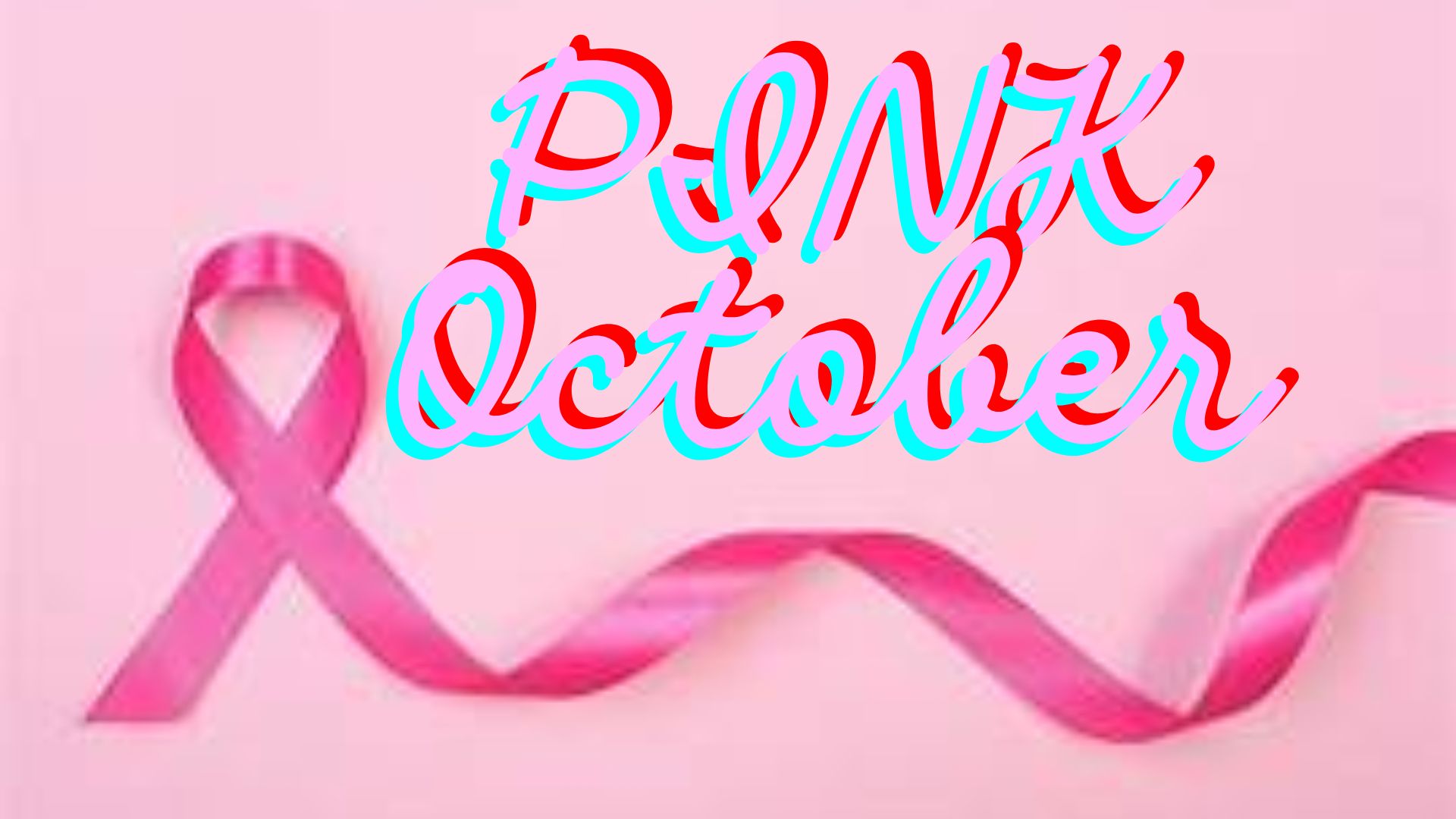Pink October is another name for Breast Cancer Awareness Month, observed every year in October. It is a global campaign to raise awareness about breast cancer, educate people about the importance of early detection, and support those affected by the disease. The color pink is symbolic of breast cancer awareness, and during this month, various events, activities, and fundraising efforts are held worldwide to promote research, encourage screenings, and share information about breast health.
Breast Cancer Awareness
October marks Breast Cancer Awareness Month, also known as ‘Pink October.’ Breast cancer is one of the most common cancers affecting women and people assigned female at birth, including transgender men and nonbinary individuals. According to the World Health Organization (WHO), breast cancer led to 670,000 deaths worldwide in 2022, but early detection can make it treatable. Medical experts strongly recommend starting breast cancer screening at age 40.
Understanding Breast Cancer
Breast cancer occurs when abnormal cell growth in the breast tissue forms tumors. Symptoms include lumps or thickening in the breast or armpit, changes in breast size or appearance, unusual nipple discharge, redness, or swelling in the breast. In the U.S., it is the second most common cancer in women and the second leading cause of cancer-related deaths, claiming 42,000 women and 500 men each year. India also faces high breast cancer rates, but the country’s five-year survival rate is lower than in Western nations.
Who is at Risk?
Women with a family history of cancer are at a higher risk, but the WHO reports that many breast cancer cases have no known family history. Lifestyle factors such as smoking, alcohol consumption, and tobacco use can increase the risk. Other key risk factors include aging, obesity, radiation exposure, and reproductive history.
Dr. Aditi Chaturvedi from Max Super Speciality Hospital notes that shorter or no breastfeeding can increase the risk, and long-term use of hormonal therapies, like oral contraceptives, may also contribute to this risk.
Why Screening is Vital for Younger Women
Breast cancer has been steadily rising in women under 50 in the past two decades. Early detection is crucial, as the cancer is more treatable in its early stages. The U.S. Preventive Services Task Force now recommends mammograms starting at age 40, down from the previous guideline of 50. In India, the Radiological Society of India suggests mammography every two years from age 40, and annually after age 50.
Dr. Ramesh Sarin of Indraprastha Apollo Hospitals emphasizes that breast cancer cases in younger women in India are increasing, with the disease developing several years earlier compared to women in Western countries. He advises women to consult healthcare providers for personalized screening plans.
Additional Testing for Dense Breasts
Breast cancer can be harder to detect in women with dense breast tissue, which is more common in Indian women. Experts recommend additional tests like breast MRI or ultrasound for more accurate early detection.
The Importance of Early Detection
Early-stage breast cancer has a 99% survival rate, compared to just 24% for later stages. Studies have shown that regular exercise and reducing ultra-processed foods can help lower cancer risk. Adopting an active and healthy lifestyle is crucial for reducing overall cancer risks.
In conclusion, early screening, starting at age 40, can significantly reduce mortality rates and improve survival outcomes for breast cancer patients.






